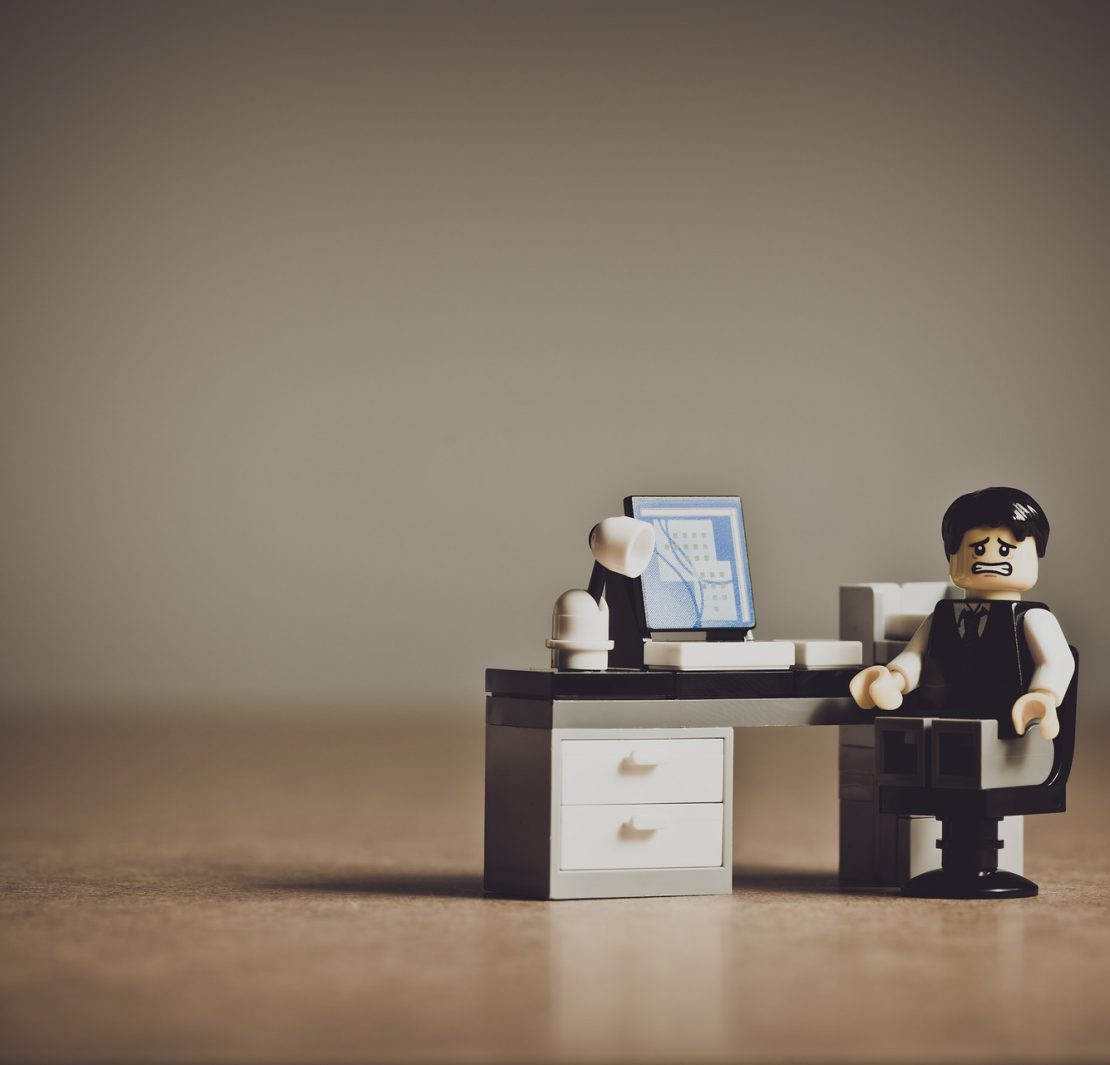Japanese public broadcasting network NHK is set to change their working practice after a reporter Miwa Sado died due to 159 hours of overtime in just one month. Although the incident happened in 2013, NHK only publicly revealed this information this year. According to Inquirer, NHK is one of the Japanese companies that campaign against the overly long working hours in Japan. In another case from 2015, a 24-year-old employee from ad agency Dentsu in Japan died after rendering 105 hours of overtime.
There’s a Japanese term for death due to overworking: karoshi. Overworking is real and dying from doing so is possible. There’s a thin line between loving your work and overworking. If you’re one who cannot distinguish that thin line, here are some tips for you.

Manage your time well
There are times when we are so saturated with work that we don’t notice the passing of time—or maybe your office doesn’t have enough windows to allow natural light. If you intend to overwork because of those reasons, you can set your alarm so you don’t forget that it’s time to go home.
On the other hand, if you’re someone who tends to complain about the lack of hours in a day, try managing your time better. If you can’t finish your regular workload within office hours, you might be using some of those precious work hours loitering around the office or maybe scrolling through your Facebook feed. Try to write your to-do list before you begin working in the morning and stick to it. You can also try using the Pomodoro technique to help you manage your time.
Learn to say no
We are taught to grab every opportunity that knocks on our window. However, being a go-getter has its pitfalls, too. When a new project or an opportunity outside of your current job description comes to you, learn to reflect on your current situation before you commit. And if you think you can’t, please save yourself and say no.

Be transparent
There are times when an employee feels burdened and helpless. When this situation arrives, talk to your colleagues, your human resource personnel, and your boss. Keeping the burden all to yourself will give you recurring anxiety. Also, the help we need is sometimes not found in ourselves but in others. So, don’t be afraid to speak up.
Just care less
I came across this tip from a Quartz article. The author suggests that work satisfaction can be attained through caring less than working less. There are a lot of people who are so immersed in work that they even think about their jobs outside their workspace. This happens because we equate success with the amount of work we finish.
However, your work doesn’t define you. “By caring less about work, we open ourselves up to caring more about other dimensions to life—about what matters more,” the author suggests.
But how do we detach ourselves from work?
The key is to find life outside of work. Don’t say that work is life or you don’t have a life outside of work because you were someone else before you became a worker. If you can’t make any sense out of it, ask yourself: “If I’m not just a worker, then who am I?” Once you find the answer, you can care more about other things that matter in your life.
Photo courtesy of Pixabay
Read more:
Why millennials can’t stop working even when they’re on vacation
Co-working spaces where people won’t kick you out for studying
Is a four-day workweek going to work?
Say goodbye to high heels at work
Writer: OLIVER EMOCLING




